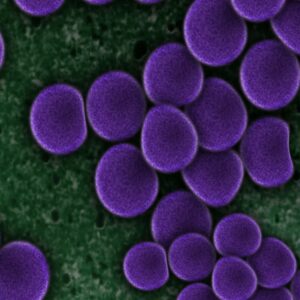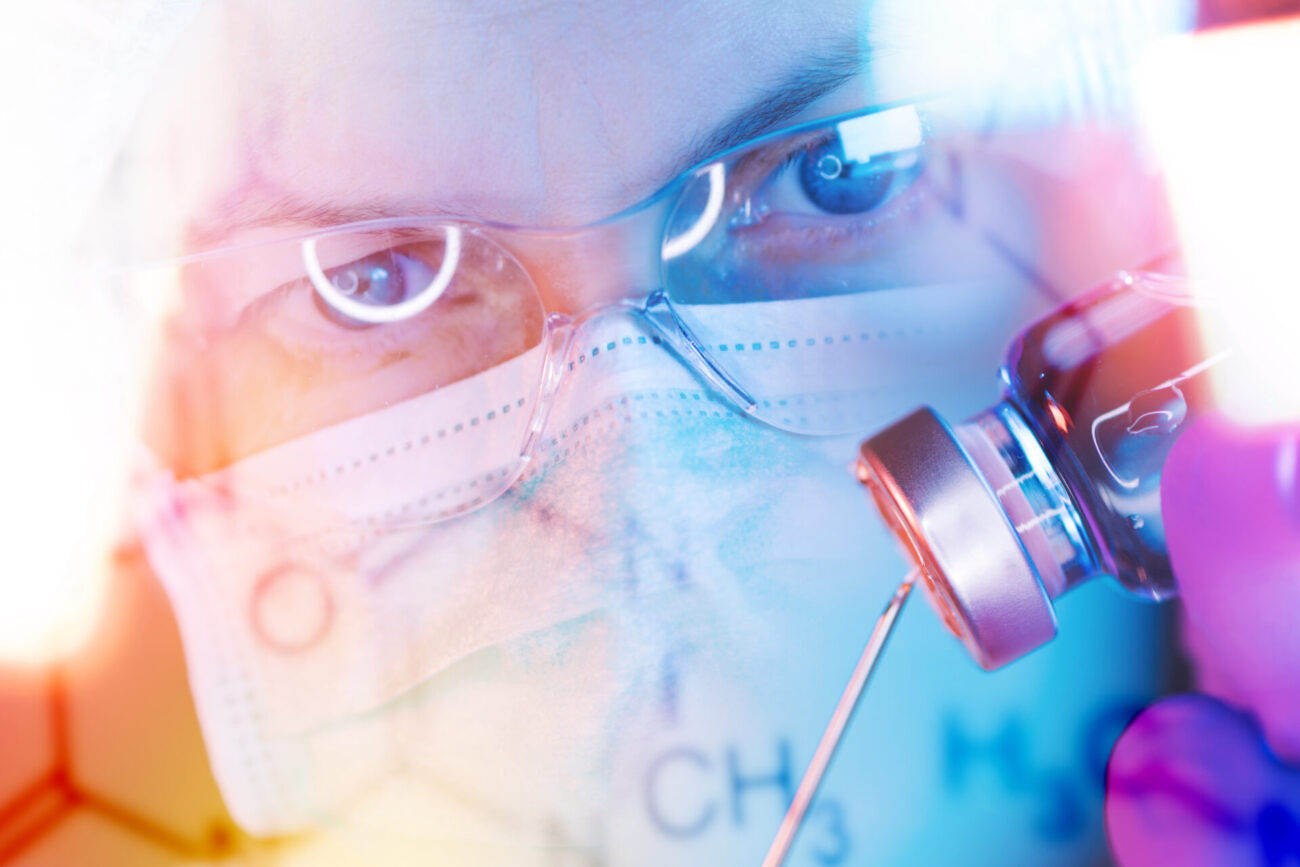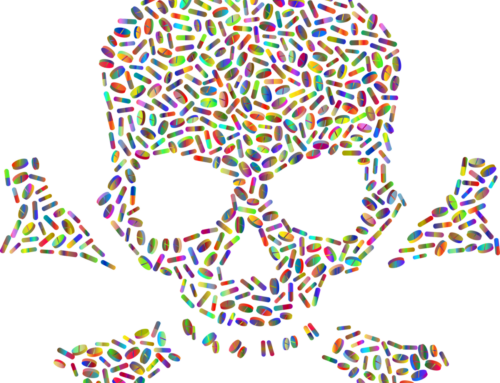Recently, scientists published “new science” that claims to address the growing problem of drug-resistant bacteria known as Superbugs. Never mind that overuse of antibiotics (i.e., antilife) has caused the proliferation of these Superbugs. Scientists have found “an alternative way,” moving from antibiotics to anti-vitamins. And they are not using the term “alternative” to suggest anything natural.
Scientists have to admit they’ve been duped by the microbes. Traditional antibiotics have targeted a bacteria’s protective cell wall and have subsequently been made obsolete in short order. That’s because in Nature, microbes have amazing abilities to acquire genes from each other, and from their environment” to show that they are highly adaptive in favor of life.
The ‘New Science’ Myth

Image by Fathromi Ramdlon
In the August 2020 journal Nature Chemical Biology, microbiologist Fabian von Pappenheim and colleagues decided to write new science. Their work interferes with the bacteria’s need for vitamins, as an extermination strategy. Vitamins are vital to all living things for building cellular components, tissue bits and running cell processes. The anti-vitamin experiments are featured in an August 2020 Science Alert article:
Their theory is that anti-vitamins are similar enough to their vitamin equivalents that they fool biological systems into thinking they’re the same molecules, but slightly different in a way that makes them catastrophically faulty substitutes, thereby inhibiting the function of vitamins and becoming toxic to those bacteria that ingested them. Specifically, “it knocks off the protein glutamate from the rest of its molecule, which leads to glutamates sticking to each other and prevents them from participating in reactions.”
Using B1 (Thiamine), scientists replaced the methyl part of the molecule (CH3) with a methoxy group (O-CH3), which is bigger and disrupts the metabolic reactions in which B1 plays a role. Three anti-vitamins have been synthesized: roseoflavin (RoF) which works against vitamin B2 (riboflavin), ginkgotoxin (GT) the antivitamin of B6 (pyridoxine) and 2′-methoxy-thiamine (MTh), which can be mistaken for B1 (thiamine)..
The scientists hypothesize that their tools “mess up the critical functions of their corresponding vitamins in bacteria while leaving human systems intact.” Is that true?
Anti-vitamin Equals Anti-Science

Image by Gerd Altmann
Scientists have gone awry in their understanding of ‘human’ if they fail to acknowledge that humans are 10:1 more bacteria than human cells. As such, humans are no greater than their smallest inhabitants, their bacteria. Therefore, killing off microbes will kill off humans, eventually. Moreover, the idea that anti-vitamins can mimic real vitamins and fool the body into anything, shows that scientists have not learned anything from their short, failed run with antibiotics.
Just because someone publishes an idea and calls it “science” does not necessarily make it so. There is science and there is Scientism, or anti-science. How do you know whether to believe that scientists are legitimate or mad? Deconstruct the science….
Role of Glutamate
The Anti-Vitamin strategy removes the glutamate molecule without asking if it is important to the body. Glutamate is a neurotransmitter in the central nervous system (CNS) and interacts with a range of specific receptor and transporter systems to establish a functional synapse. In a normally functioning synapse, glutamate regulates pathways that control the influx of Na and Ca ions, and ultimately, an action potential in neurons.
In star-shaped connective tissue cells of the nervous system called astrocytes, glutamate, converts into glutamine, and can be released and made available for neurons to convert it back to glutamate through a glutamine-reuptake system. Glutamine does so many good things in the body, such as preventing infections that often follow endurance exercise, reducing symptoms of overtraining syndrome, improving nutrition in critical illness, alleviating allergies, and treating digestive problems by fueling the cells of the intestines.
Particularly in autistic children, glutamine has had some success in improving health and language processing by acting as a “brain food.” It also helps manage inflammation, and readily crosses the blood-brain barrier to stimulate alertness, improve intelligence, sooth erratic behavior, aid in memory recall and most importantly, helps with behavioral problems in autistic children.
Question the Science

Image by Gerd Altmann
Science cannot prove anything. Science can merely ask a question based on a theory. Testing a theory involves choosing certain variables, and using experimentation and observation. Change one variable in the experiment, or change the observer, and you will get a different outcome. In testing theories, there is no such thing as “scientific proof.” Proofs exist in mathematics and logic. Provings exist in homeopathy. But neither proof, nor provings, exist in science. The primary criterion and standard of evaluation of scientific theory’ is evidence, not proof. Scientists prefer theories for which there is more and better evidence to theories for which there is less and worse evidence. If science is anything, it resembles a moving scale.






